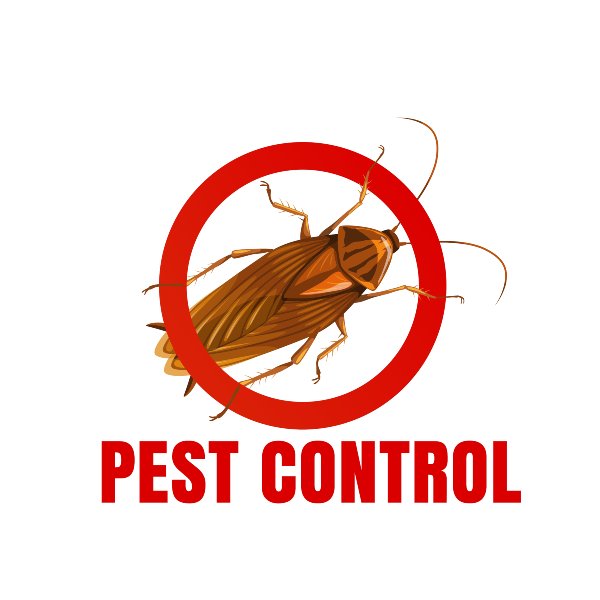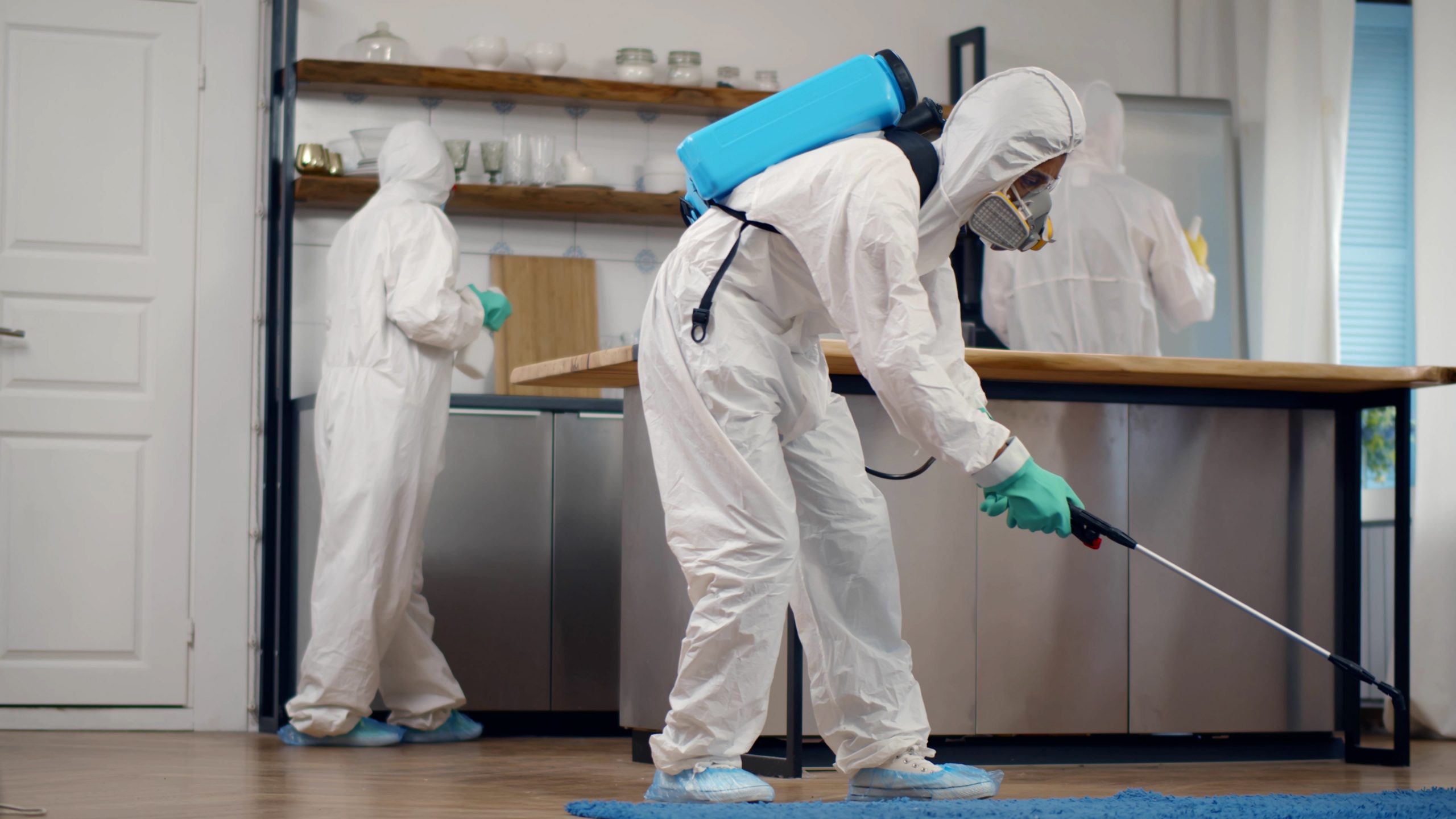Safe and Trusted Parasite Control for Lasting Security
Effective pest monitoring calls for a complex method that balances ecological integrity with the demand for effective insect suppression. The subtleties of these techniques might not be right away clear, triggering a more detailed examination of the practices that can lead to lasting parasite control end results.
Understanding Pest Control Techniques
Insect control incorporates a range of methods targeted at handling and eliminating undesirable bugs and rats that can endanger both health and wellness and residential or commercial property. Understanding these techniques is crucial for efficient insect administration.
The key categories of parasite control methods consist of mechanical, organic, and chemical techniques. Mechanical techniques include physical barriers and traps to avoid bug entry and capture undesirable types. Making use of screens on home windows or utilizing sticky catches can significantly minimize insect populaces without introducing unsafe compounds - exterminator coquitlam.

Chemical bug control is often one of the most identified method, making use of pesticides to get rid of parasites. These chemicals can be effective yet should be made use of with care to stay clear of adverse effects on non-target species and the atmosphere.
Benefits of Eco-Friendly Solutions
How can eco-friendly options transform parasite control methods? The fostering of green pest control techniques supplies numerous advantages, dramatically enhancing the performance and safety and security of parasite management.

An additional advantage is the favorable influence on local biodiversity. Environment-friendly remedies are created to target particular bugs while maintaining helpful pests and wildlife, promoting a well balanced environment. This method lines up with the growing consumer need for lasting methods, enhancing the track record of insect control companies.
Integrated Insect Management Approaches
The execution of environment-friendly remedies naturally leads to the fostering of Integrated Parasite Monitoring (IPM) strategies, which even more enhance pest control effectiveness. IPM is a holistic method that integrates multiple strategies to manage insect populations while lessening environmental impact. This technique highlights using biological, social, mechanical, and chemical controls, making certain a sustainable and well balanced approach of pest administration.
One essential facet of IPM is the extensive assessment of pest activity and environmental problems. By keeping an eye on pest populaces and identifying their life cycles, professionals can apply targeted interventions that disrupt the pest's habitat or lifecycle, reducing dependence on chemical pesticides. Furthermore, cultural practices such as crop rotation and environment control can dramatically diminish insect facility and reproduction.
Another crucial element is making use of organic control representatives, such as beneficial bugs or microorganisms, which can naturally subdue insect populations. When chemical applications are essential, IPM prioritizes using low-risk pest control training chemicals and applies them precisely, minimizing direct exposure to non-target microorganisms and humans.
Integrating IPM strategies not only boosts parasite control performance but also promotes a more secure environment, lining up with the growing need for sustainable methods in insect management.
Safe Practices for Home Owners
Comprehending the importance of safe techniques in parasite control can encourage homeowners to efficiently take care of insect problems while guarding their wellness and the environment. Carrying out preventive actions and non-toxic approaches is vital in minimizing direct exposure to harmful chemicals.
Homeowners should initially evaluate their setting for conditions that bring in bugs, such as standing water, mess, and food waste. On a regular basis cleaning and sealing access points can discourage insects from invading the home. Utilizing all-natural deterrents, such as essential oils or diatomaceous earth, can offer effective choices to chemical pesticides.
When chemical treatments are necessary, property owners need to opt for items that are specifically labeled as safe for residential use. It is important to adhere to application guidelines diligently to prevent overexposure. Using targeted therapies in locations where insects are identified, rather than blanket splashing, can significantly minimize chemical usage.
Finally, maintaining open interaction with insect control specialists is crucial. Property owners must inquire concerning the safety and security of products made use of and request eco-friendly alternatives whenever feasible. By adopting these risk-free practices, home owners can produce a healthier living atmosphere while successfully handling parasite issues.

Tips for Long-Term Protection
Establishing an insect monitoring strategy that stresses long-lasting protection can greatly boost the efficiency of the safe methods previously discussed. To accomplish this, property owners need to apply regular evaluations of their property, concentrating on hidden locations such as attic rooms, basements, and crawl areas. Early discovery of insect task is critical in stopping invasions from holding.
These practices lower attractants that attract bugs right into the home. Securing access points, such as splits around doors and windows, can efficiently obstruct possible parasite access.
Landscape design must also be thought about; maintaining plants cut and keeping a distance in between plant life and the home lessens concealing spots for bugs. article Making use of natural deterrents, such as crucial oils or diatomaceous planet, can further prevent invasions without considering severe chemicals.
Finally, collaborating with a professional insect control solution for routine evaluations can offer an extra layer of protection. These experts can offer tailored recommendations and progressed therapies, making certain that your home stays shielded against bugs in the long-term.
Conclusion
Finally, secure and reliable parasite control requires a diverse approach that emphasizes eco-friendly techniques and incorporated parasite management. By executing all-natural deterrents, performing regular inspections, and preserving proper cleanliness, residential or commercial property owners can considerably reduce bug populaces while shielding beneficial bugs and the setting. Collaboration with expert parasite control solutions boosts the efficiency of these techniques, making certain tailored remedies that give long lasting security and comfort against future invasions.
Efficient bug monitoring calls for a diverse strategy that balances eco-friendly integrity with the demand for efficient pest suppression. The adoption of eco-friendly bug control techniques original site uses numerous advantages, substantially improving the efficiency and security of bug monitoring.The implementation of environment-friendly solutions naturally leads to the fostering of Integrated Pest Monitoring (IPM) methods, which further improve insect control effectiveness. exterminator coquitlam. By checking parasite populaces and recognizing their life cycles, practitioners can carry out targeted interventions that disrupt the parasite's environment or lifecycle, lowering dependence on chemical pesticides.In final thought, trustworthy and safe insect control requires a complex strategy that stresses eco-friendly techniques and incorporated parasite administration